Treasurer Chris Bowen announces 60% tobacco tax increase over 4 years.
Today Treasurer Chris Bowen has confirmed a tobacco excise increase. And it's a doozy.
The newly imposed rate hikes will see the tobacco tax increase by 12.5% per year for the next four years. This compounded increase will, alone, deliver an over 60% increase on the current tobacco excise. Or, to put it plainly, it will see the tax paid on each kilo of cigars go from $446.55 to $715.27. Keep in mind these numbers do not include the bi-annual tax increase based on indexation of CPI.
The reason for these tax increases are, as always, all about just looking out for the health of Australians and not at all about making piles of money. As Mr. Bowen said "This is a decision which makes a contribution to returning the budget to surplus in 2016-17, but even more importantly, it's a decision which has a big impact on the health of Australians," (I'll let you draw your own conclusions from the order he listed those two in)
One of the most often cited pieces of information during these tax hikes is the massive drain on our economy that smokers have due to the healthcare costs. The current numbers being stated in newspapers across Australia are that smokers use more than 750,000 hospital bed days per year due to tobacco-related disease and an estimated cost of more than $31 billion a year.
Thirty One Billion Dollars
That's a shocking number. That's a huge amount of money. There's no way you can argue with a number that big.
You could say that, more than comments about health, it's these huge costs that drive a lot of the arguments for decreasing the number of people who smoke.
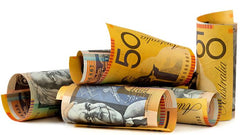
But how do these studies come up with these numbers? Well a little further digging reveals that these numbers may not be as precisely calculated as you would think. Unsurprisingly a pressure to come up with large and scary numbers to present to the public leads to some definitely questionable practices.
"[Actuary Geoff] Dunsford is similarly wary of cost estimates for smoking. Evaluating the anti-smoking lobby's $31.5 billion figure - found in "The costs of tobacco, alcohol and illicit drugs abuse to Australian society 2004/05" by David Collins and Helen Lapsley - Dunsford once again shines the torch on the "non-financial" costs and "intangible costs".
Of the $31.5 billion, $19.5 billion are ''intangible costs'', that is psychological costs of premature death borne by the smoker and others. Then there are $9.4 billion in "other financial costs" for productivity losses (smoko breaks?) and $2.2 billion in "non financial costs" such as unpaid labour costs.
To get to this $19.5 billion, the authors multiply the reduction in the population (369,161) by the value of the loss of one year's life ($53,267), after adjustments." (Full Article www.smh.com.au)
It's once you bring in these intangible costs that things really begin to spiral out of control. A few months ago Nick Bater wrote for The Australian on what he called the 'shockonomics' of determining the cost of smoking:
"The computer says 95,608 extra people would be alive today in NSW if they had not taken up smoking. These people would, we are told, be earning up to $4.3bn between them, which seems a rather large amount, since most of them would be getting on a bit by now and fewer than 17,000 would be of working age.
Naturally, in the rapidly growing field of shockonomics, there is an accounting stream to get around that little hurdle: the cost of household labour. Had these folk not sneaked out in a box, and stayed around to help empty the ashtray and generally keep the place looking tidy, they could have earned $3.163bn in 2006-07, according to computer modelling. Nobody thought to tell the computer that they would not have actually been paid for it, but when accounting for “intangible” costs, the transfer of cold, hard cash is immaterial.
The fact is, when you add it all up, that the selfish refusal of deceased smokers to make a productive contribution to the NSW economy reduced gross state product by 0.94 per cent in 2006-07 which, on the face of it, makes a $550 spot fine for some harried mum who tries to sneak in a quick smoke while the little darlings exhaust themselves on the swings seem perfectly reasonable." (Full Article www.theaustralian.com.au)
As cigar enthusiasts we will all come in to contact, from time to time, with those who are as passionately against our hobby as we are towards it. But now, when they begin telling you about the billions our habit costs each year, you'll have a couple more pins to poke holes in their arguments.
Perhaps suggest they have a cigar too. Might give them a chance to relax?
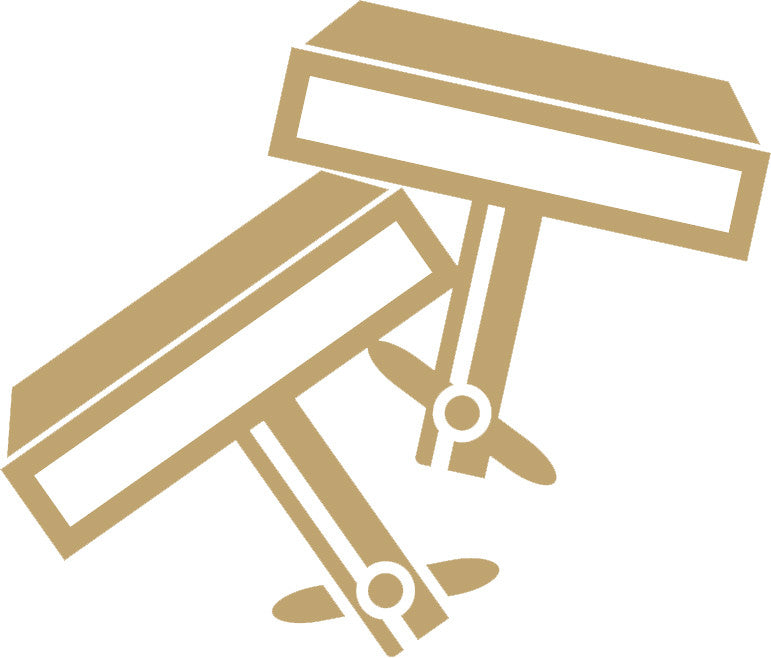


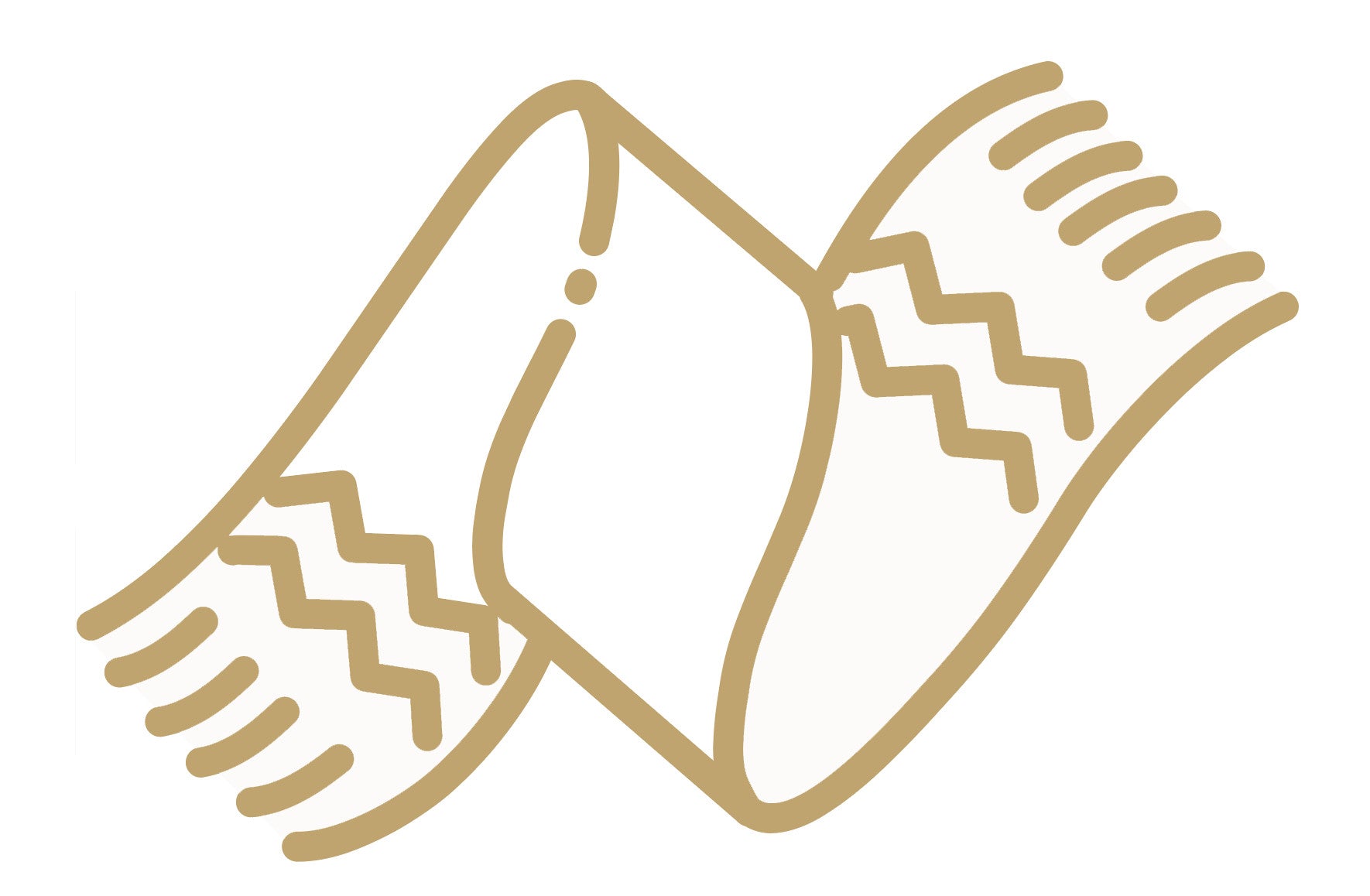
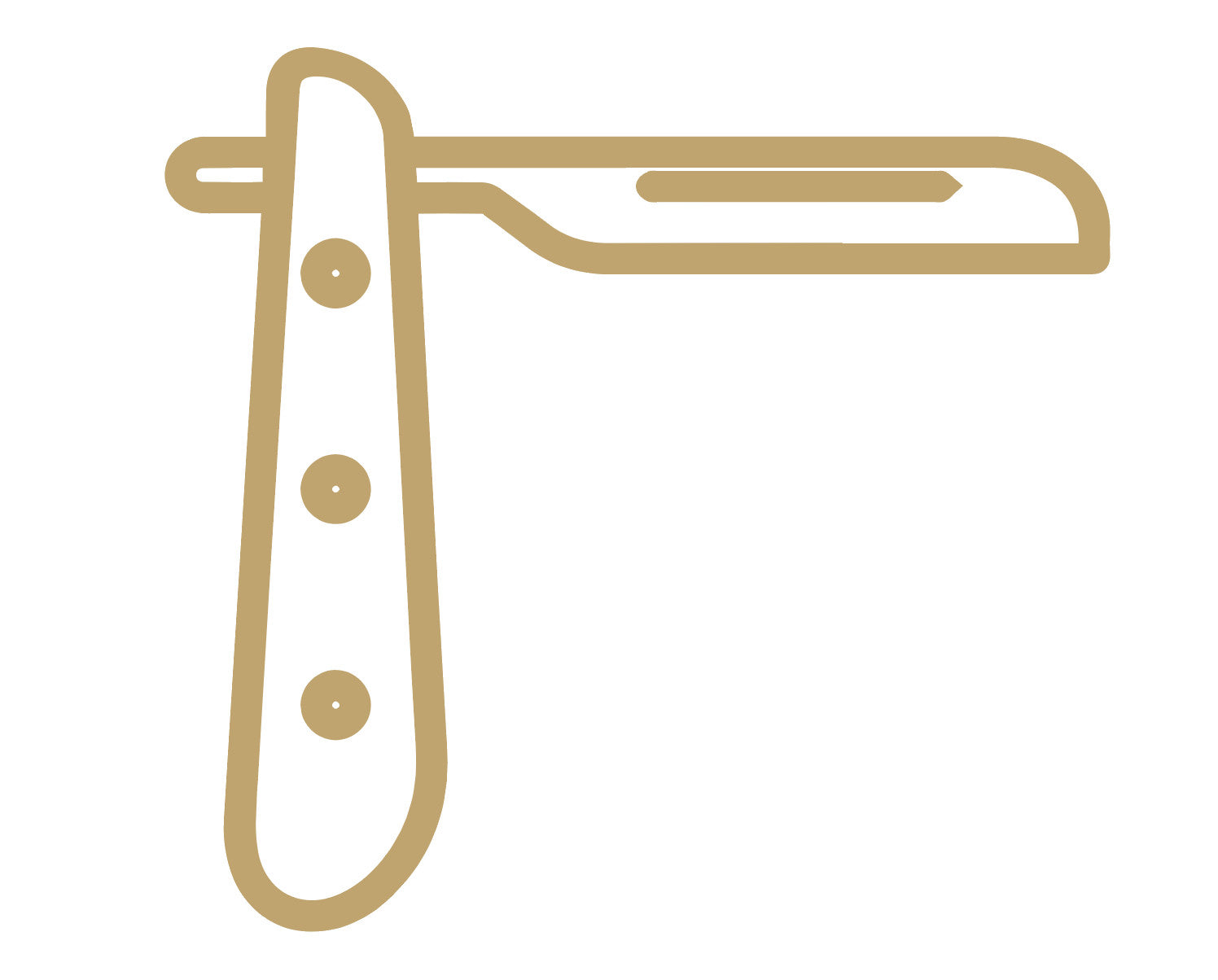
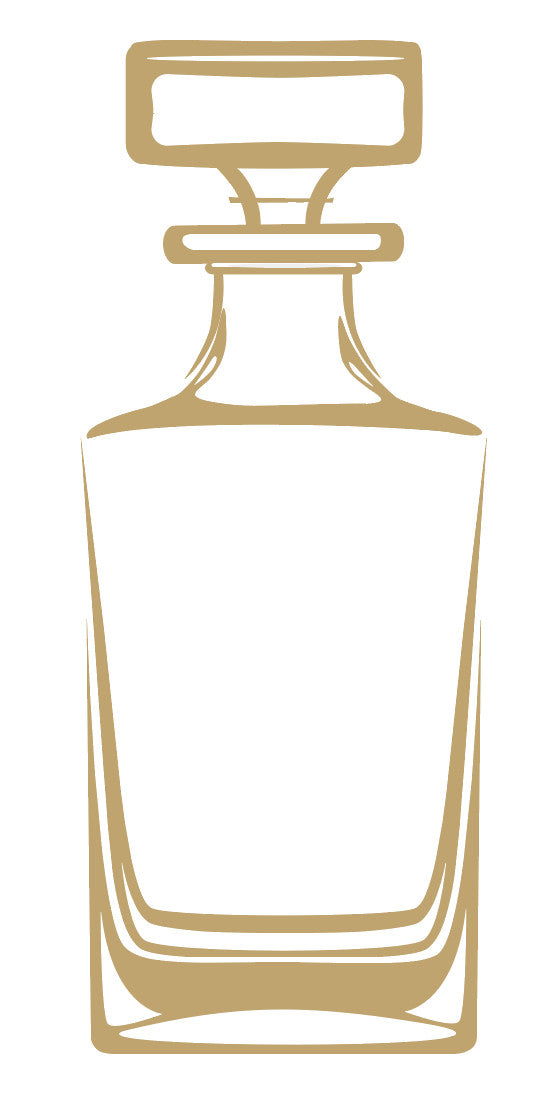









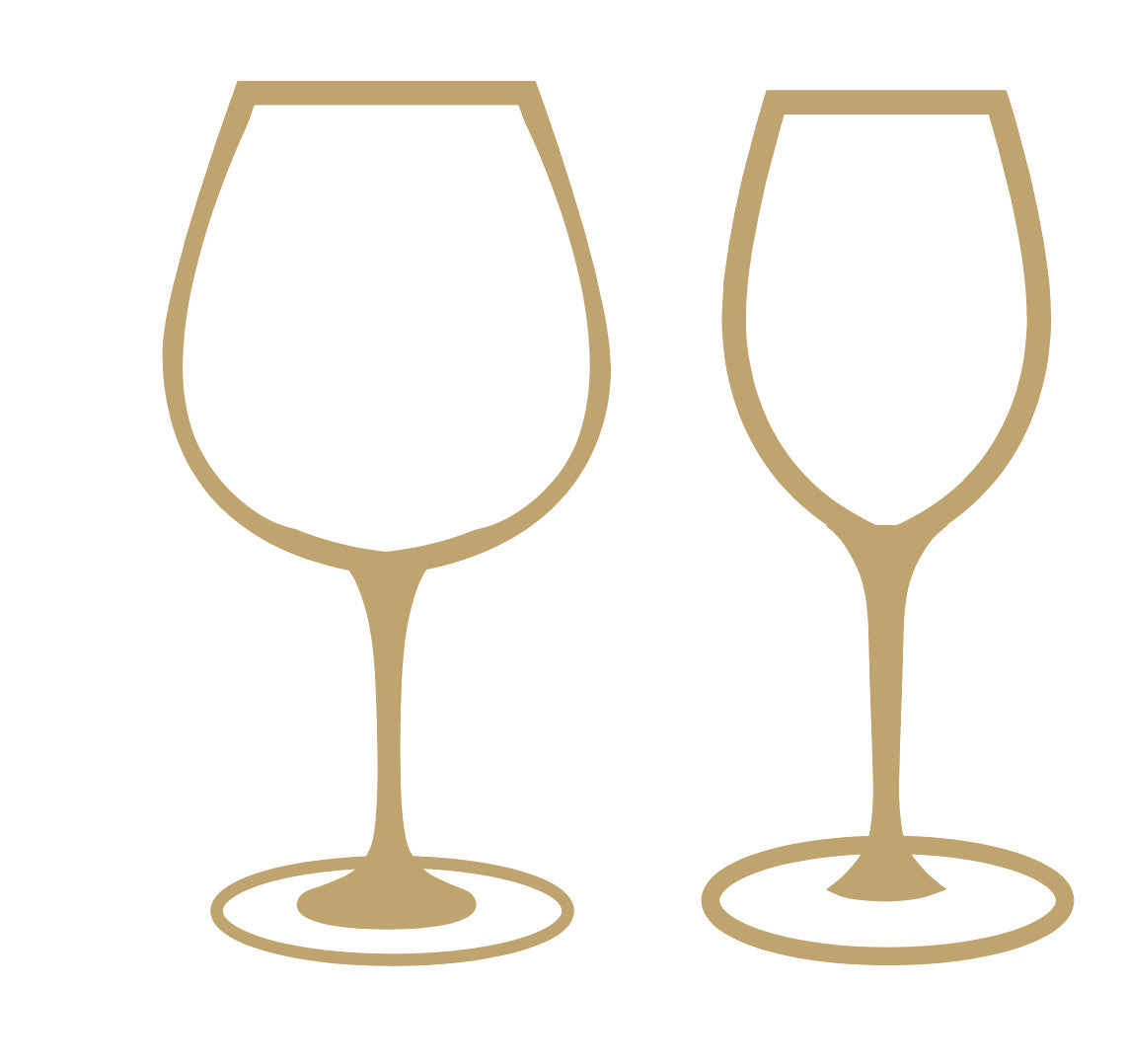


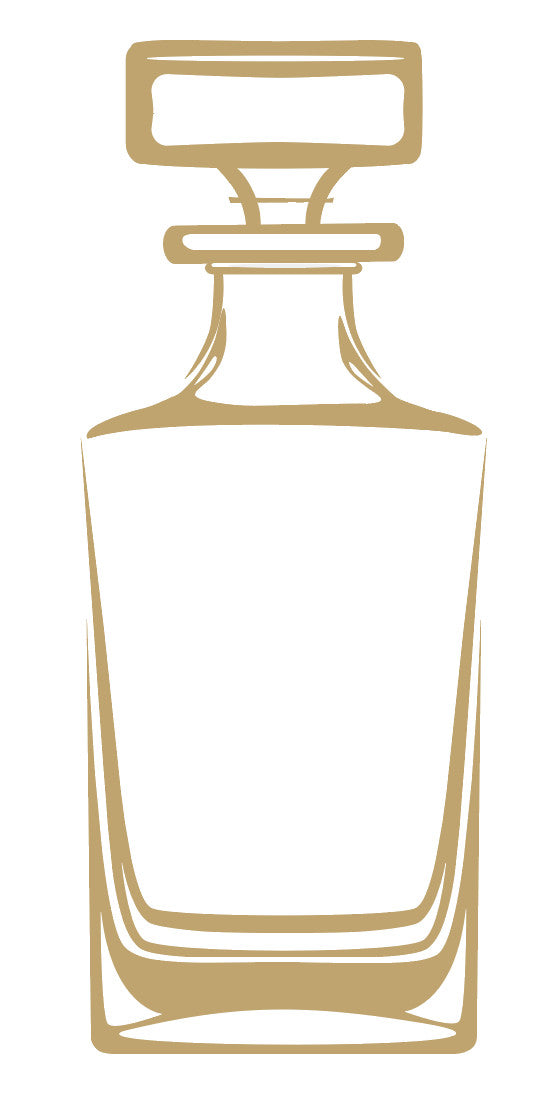


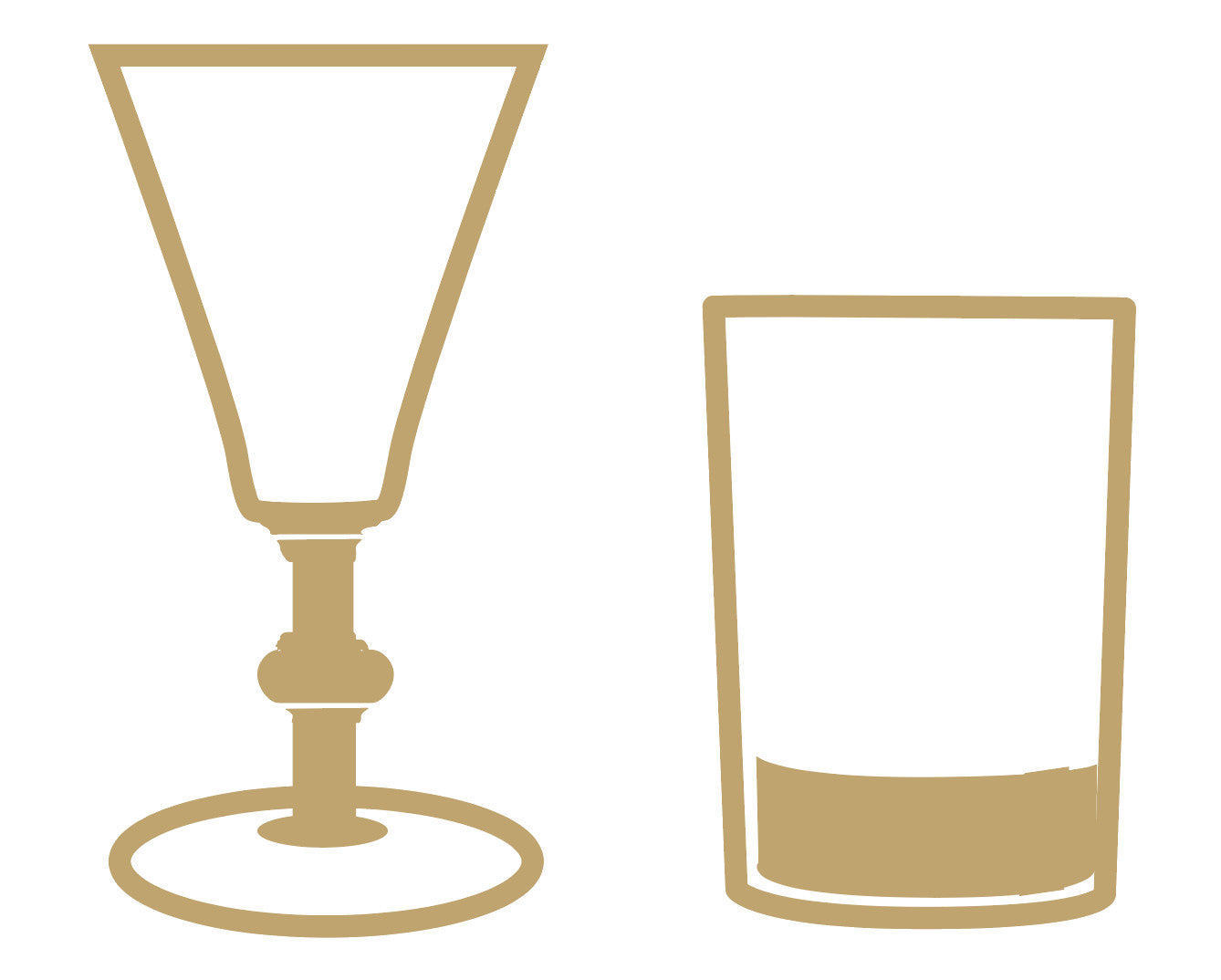




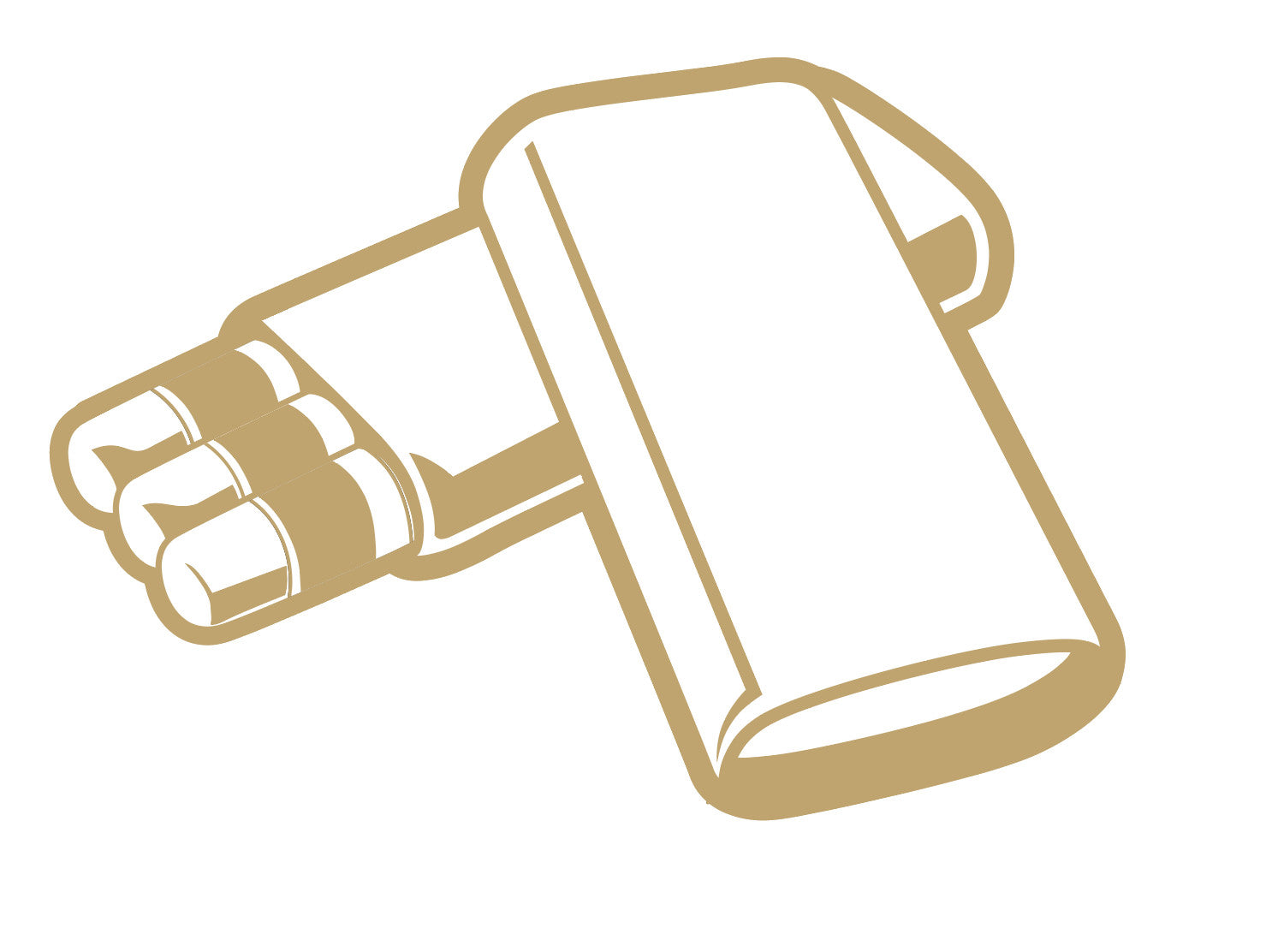
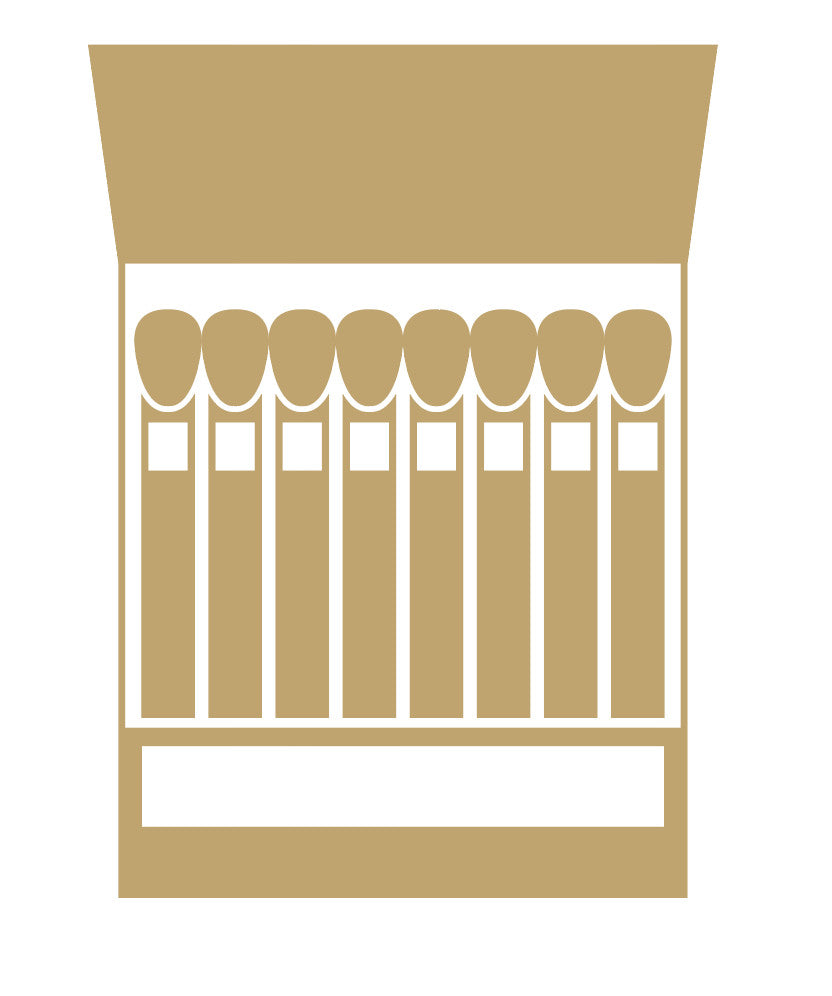
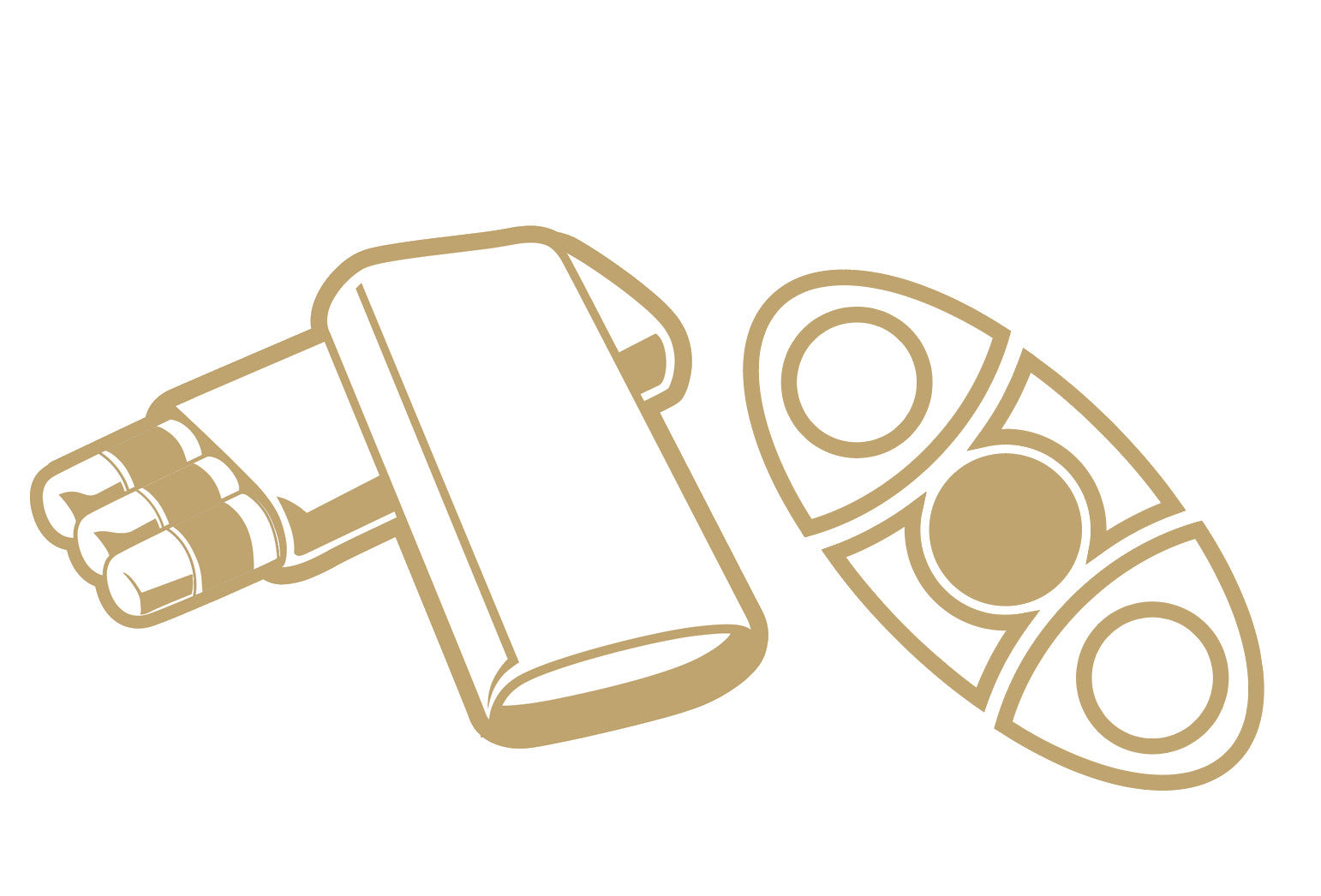





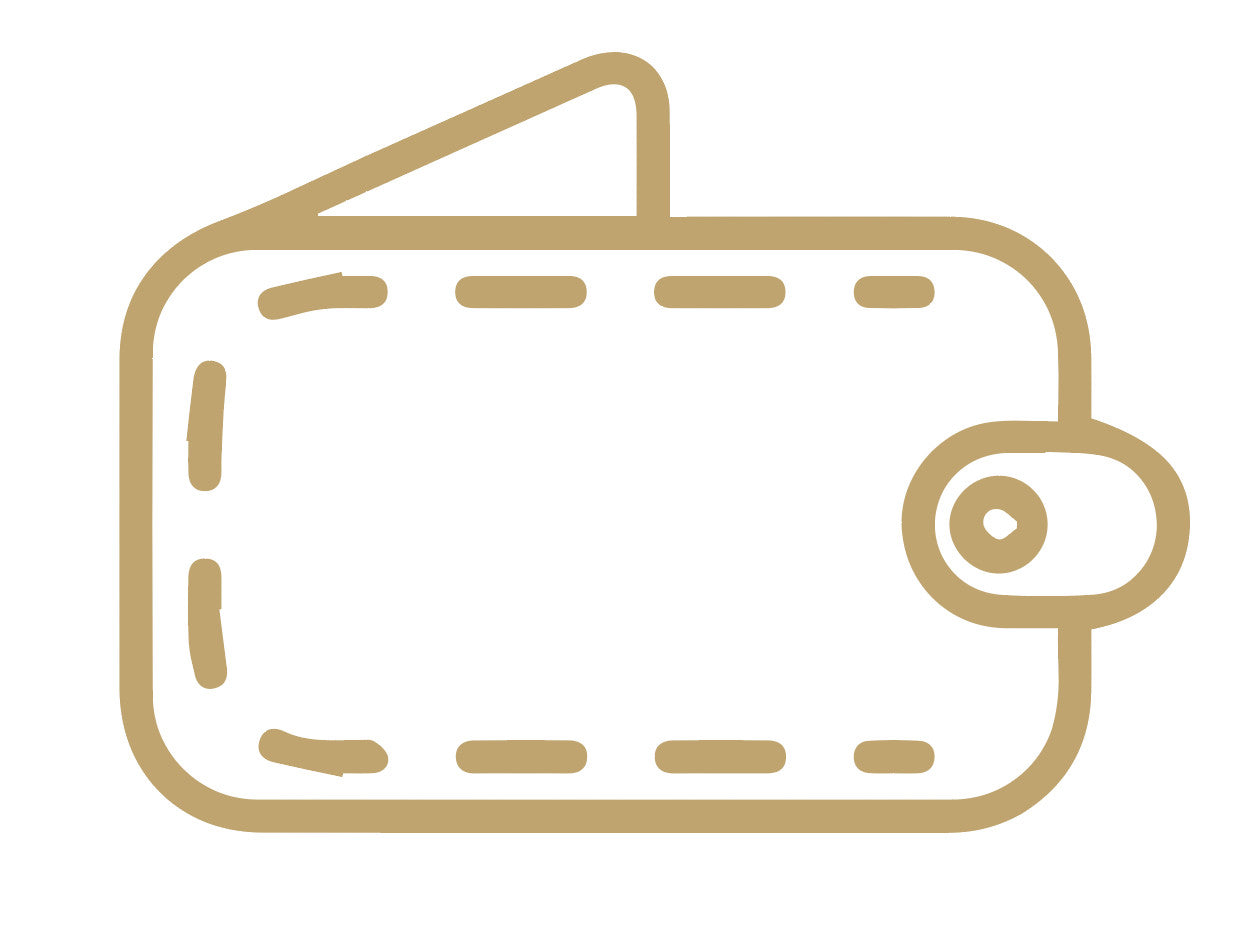



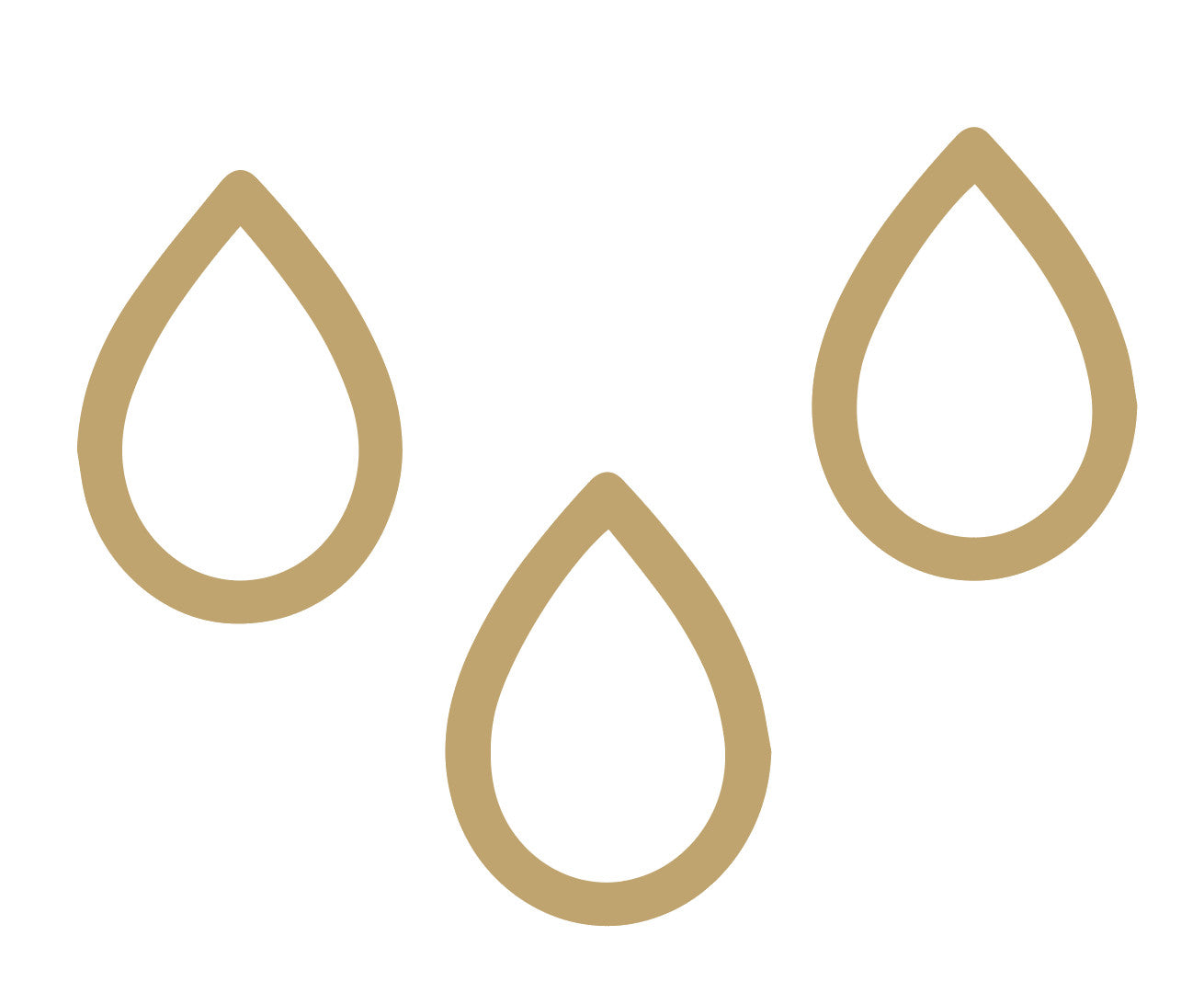
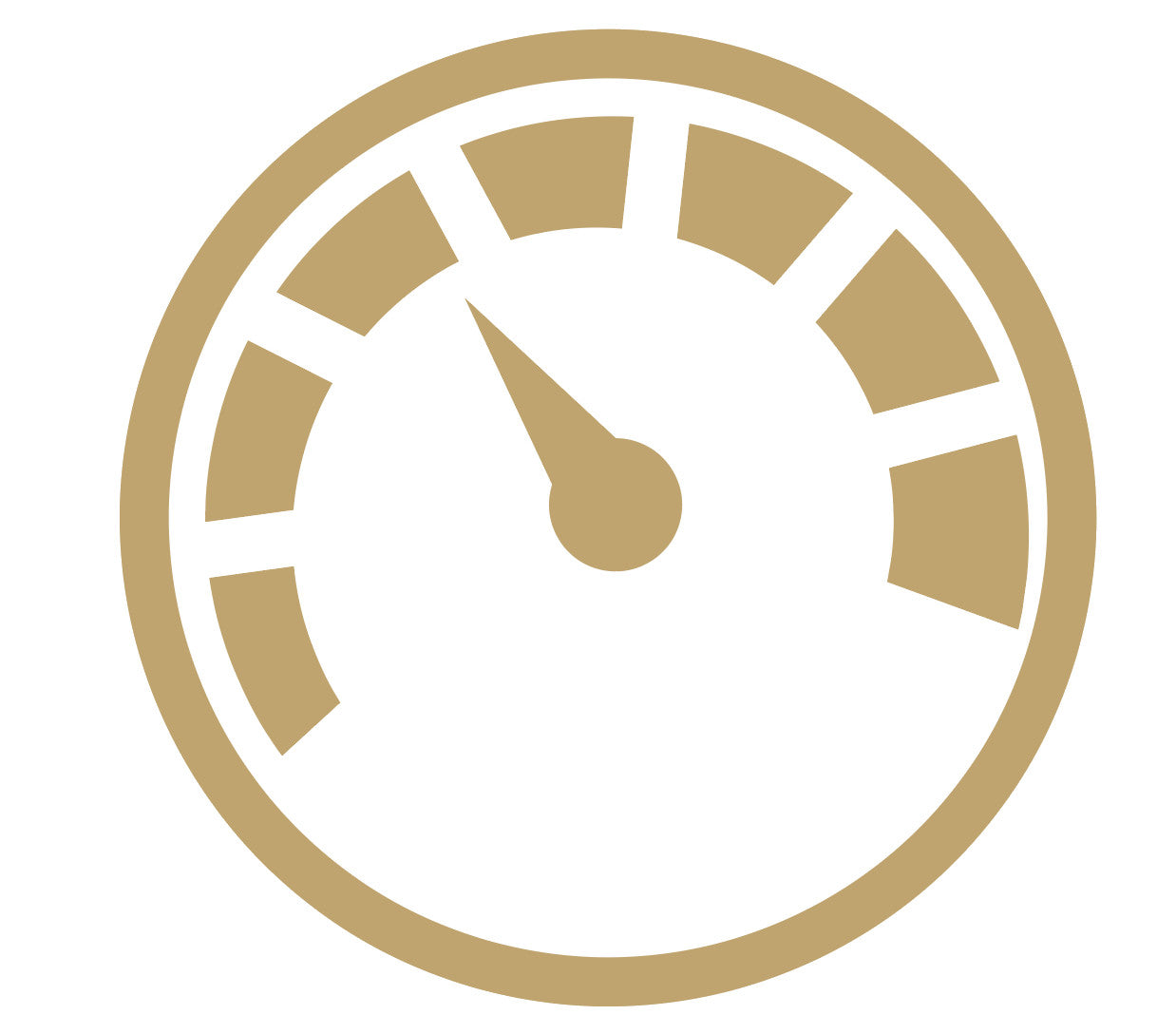
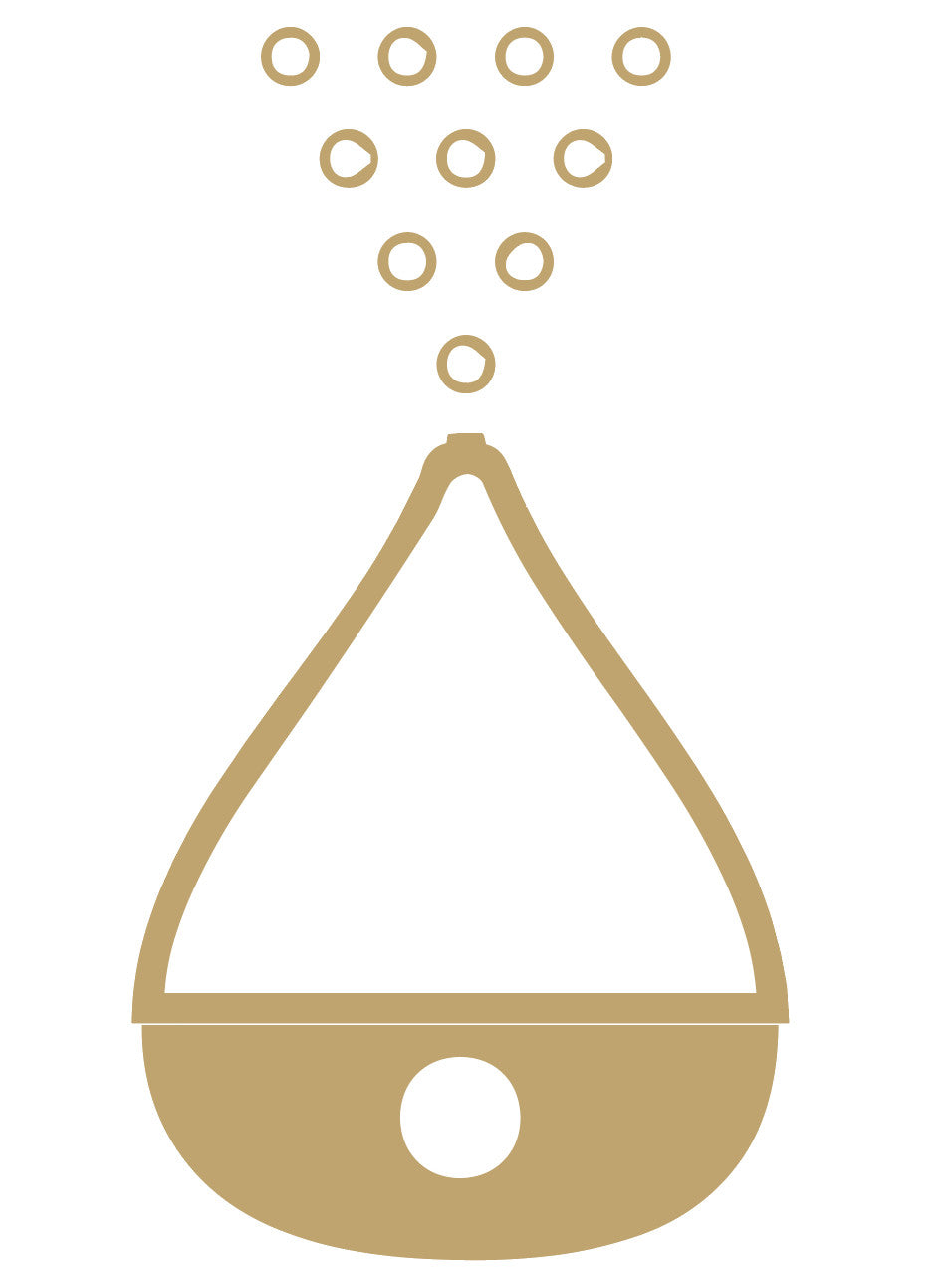
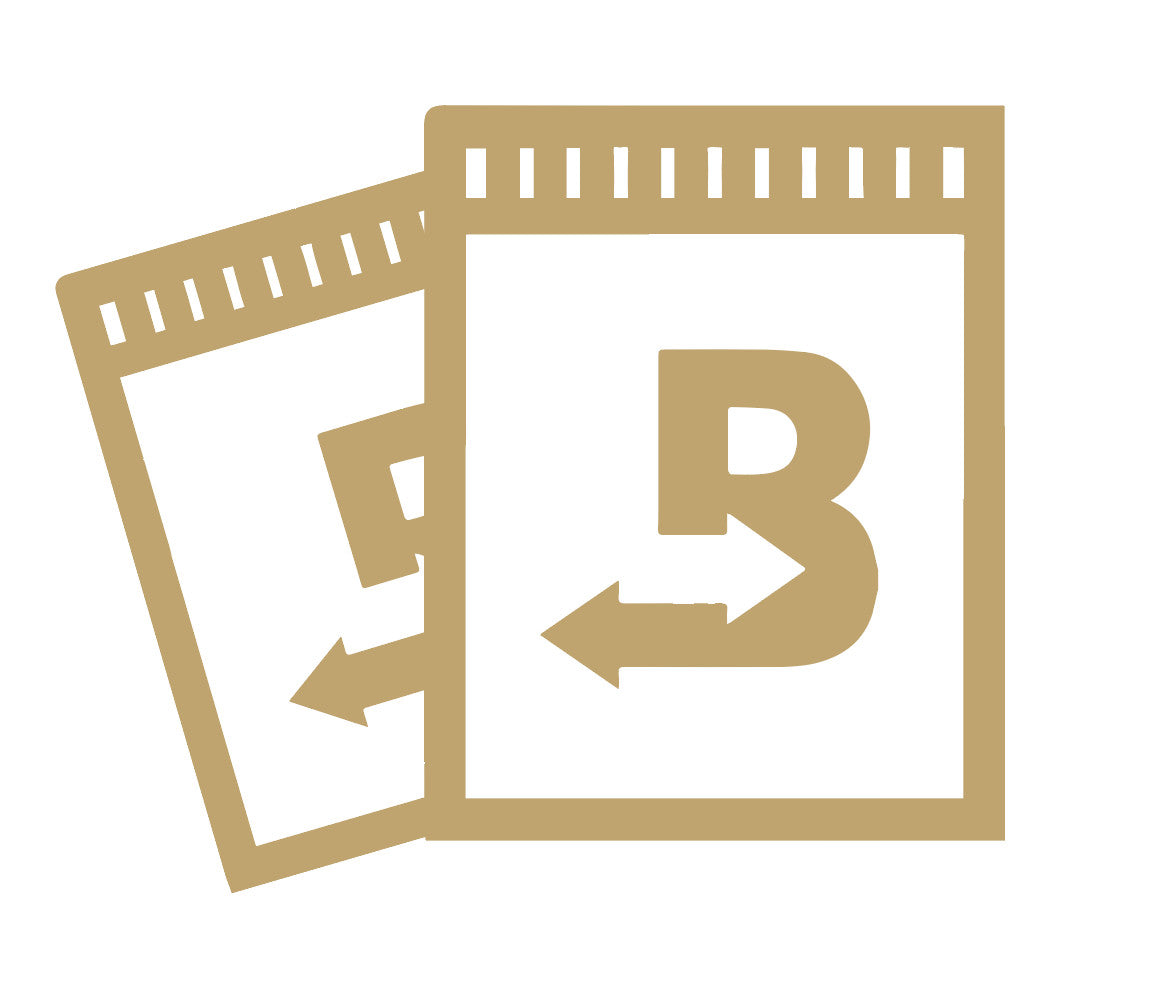

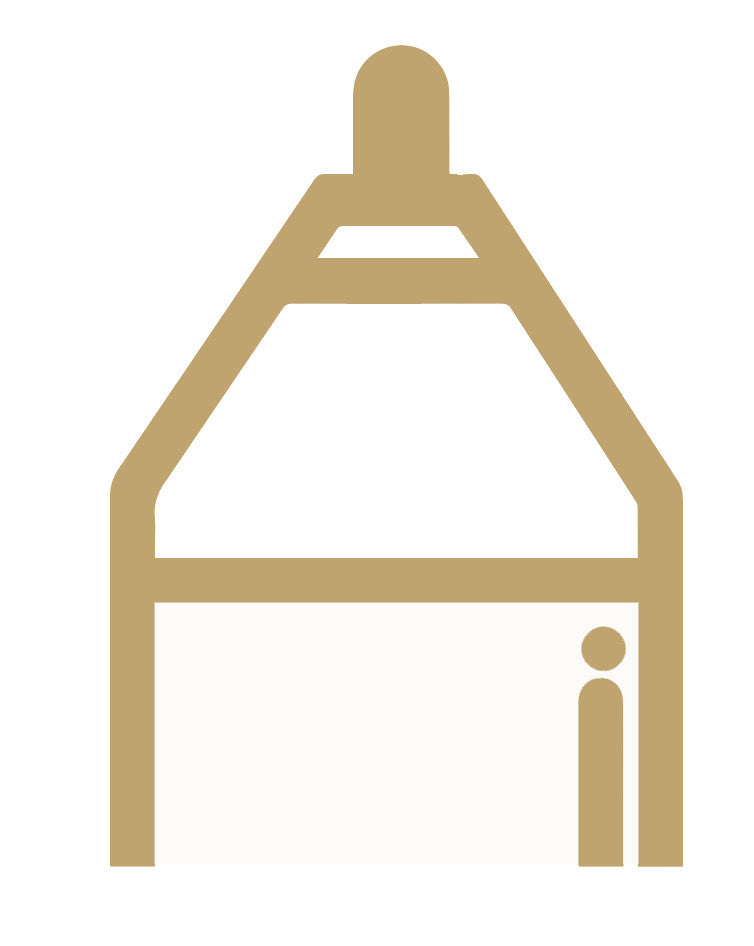
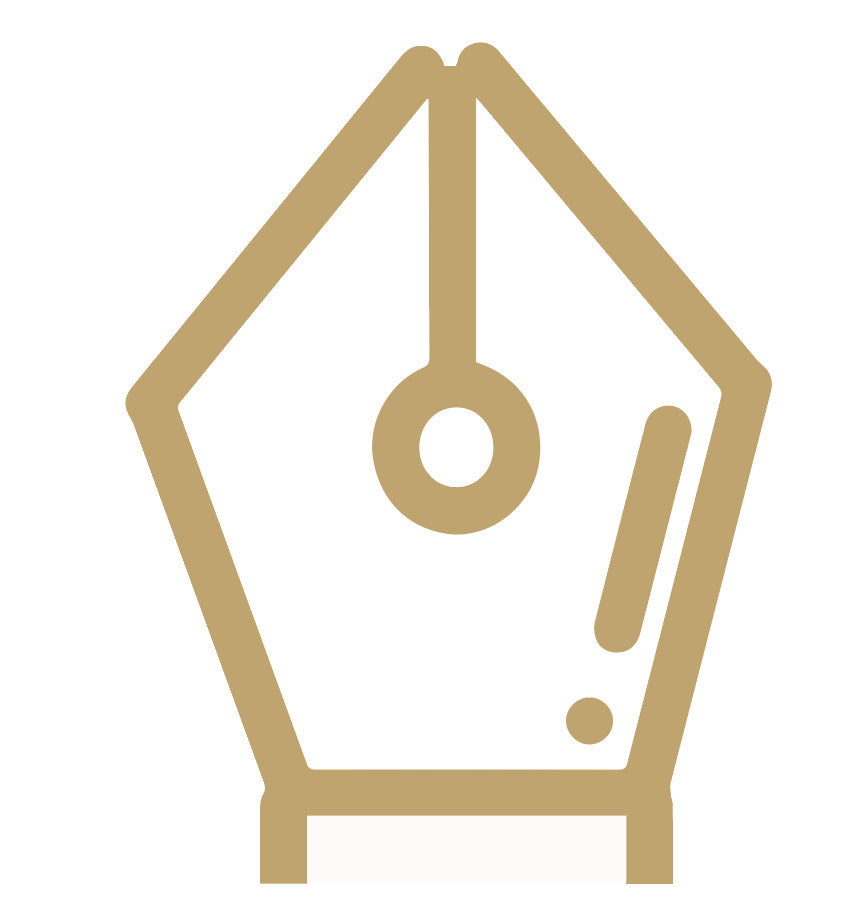
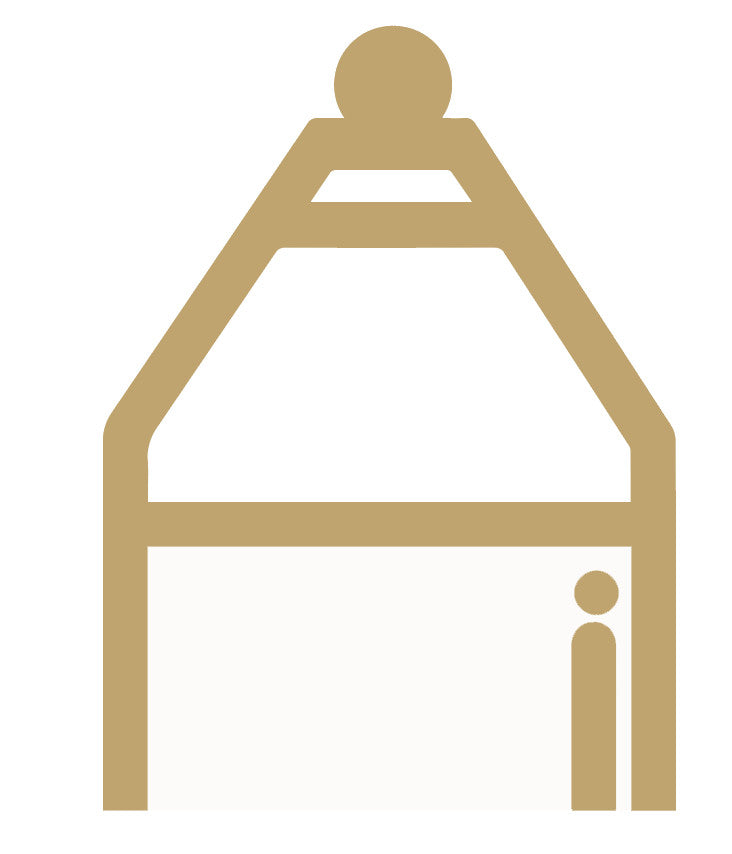
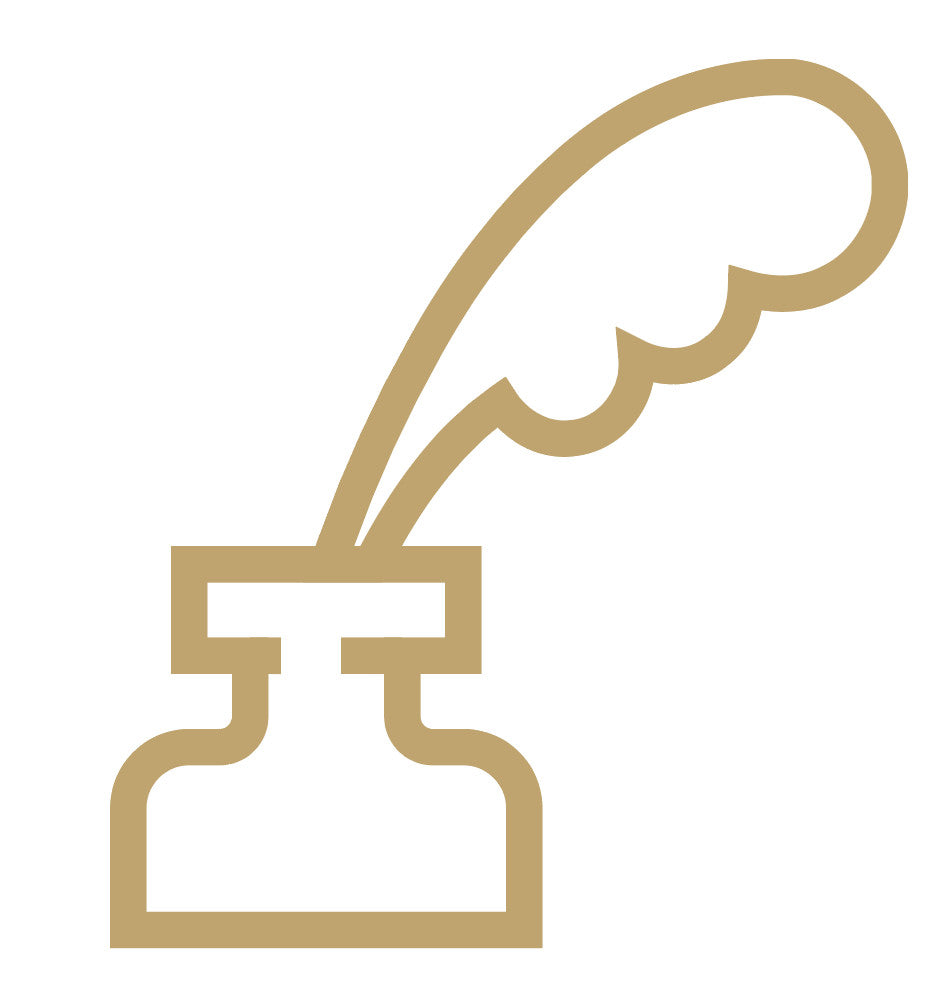
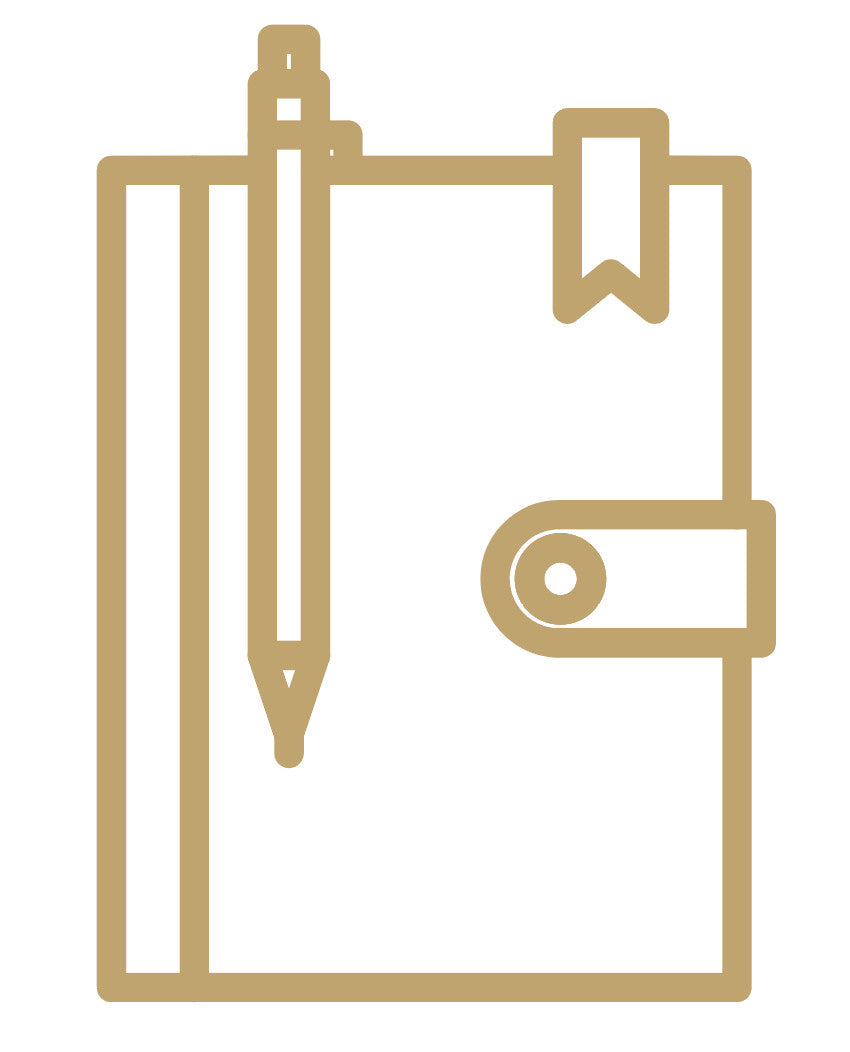
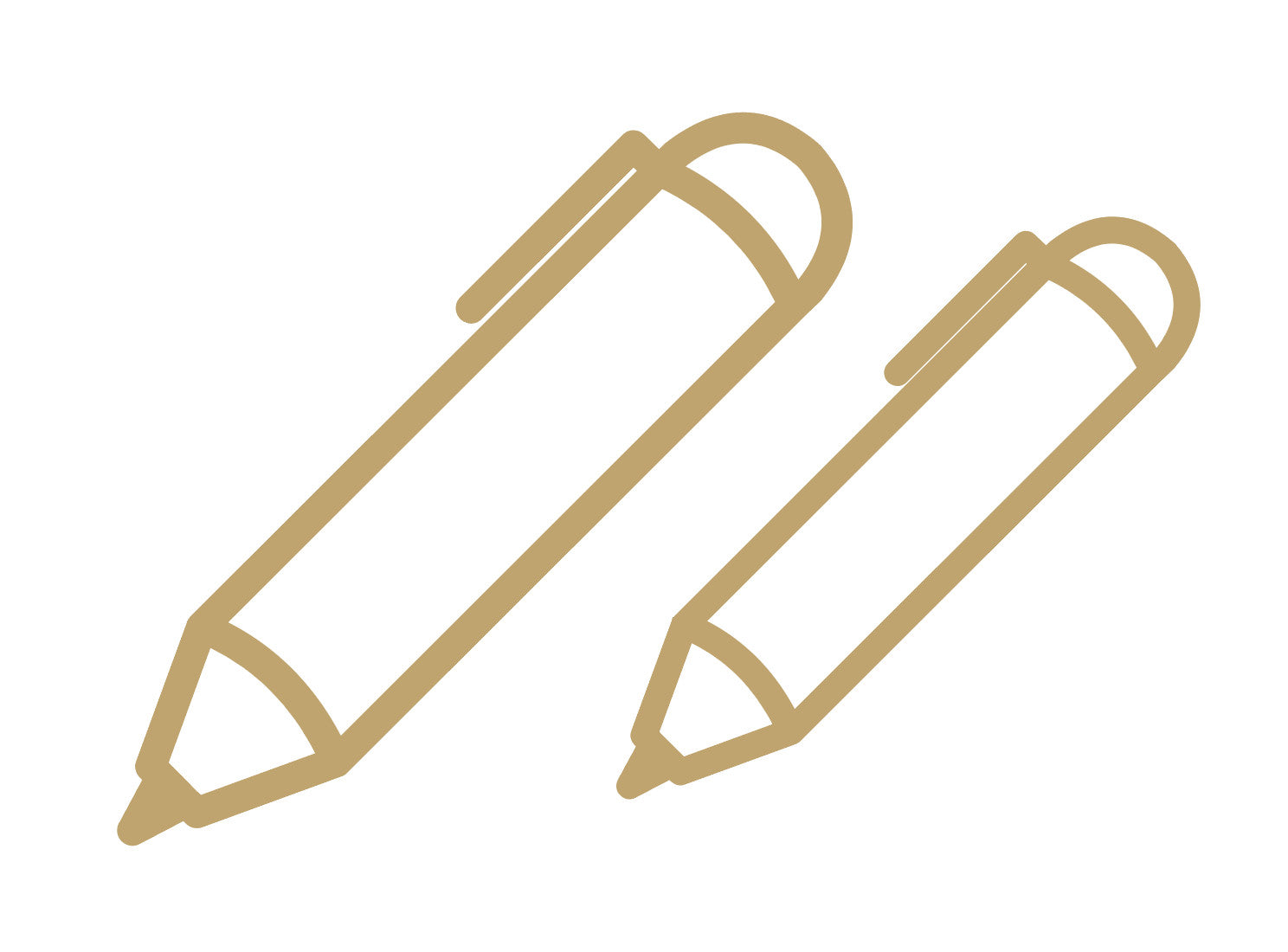










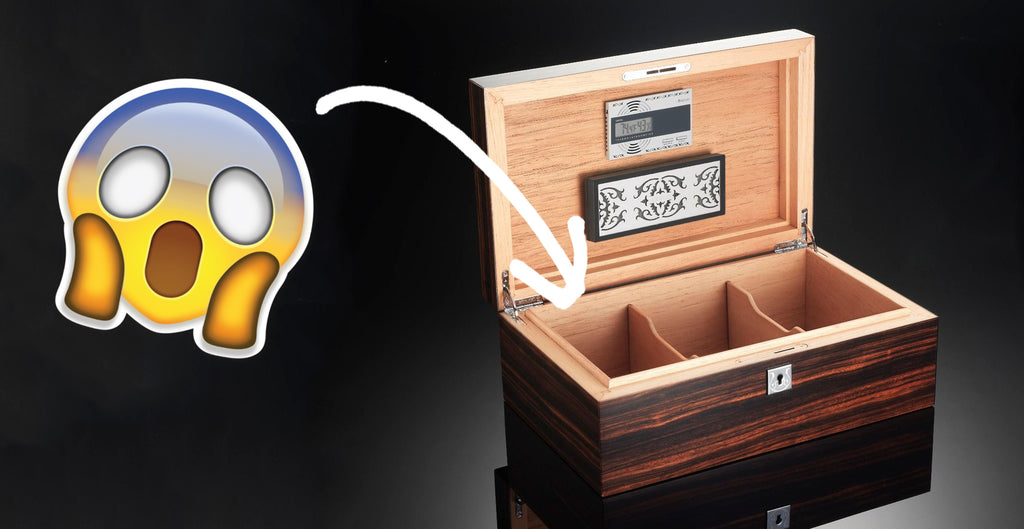
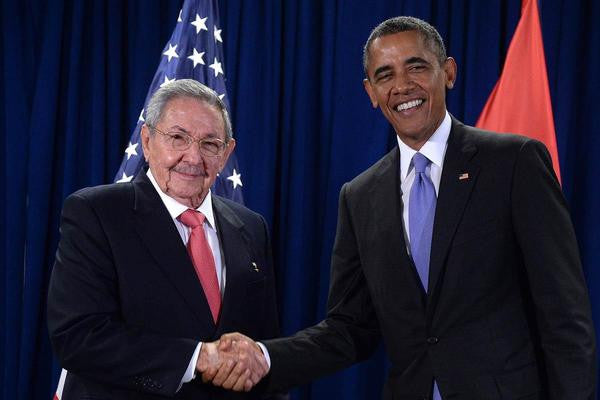
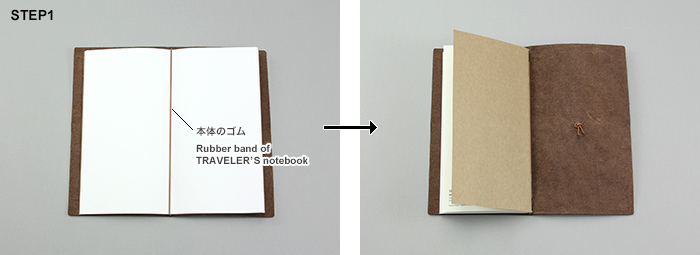
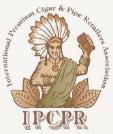
Comments (1)
All the ranting and raving is about cigarette smoking. I’ve never smoked cigarettes and think they are disgusting. BUT I have smoked a pipe for the past sixty years (I’m 78 in a few weeks) and cigars whenever I can afford them. It intrigues and irritates me that the researchers never quote comparative statistics re the health/ill health of cigarette v pipe v cigar smokers. It sends me ballistic that the wowsers and pollies lump us all together in the legislation.
John Morriss - Aug 01, 2013